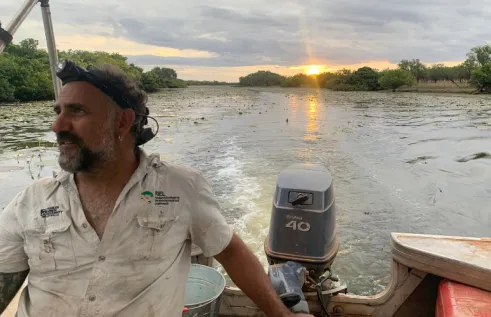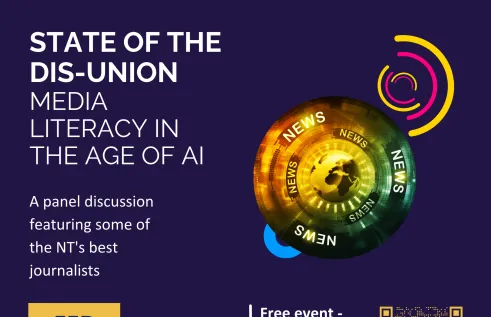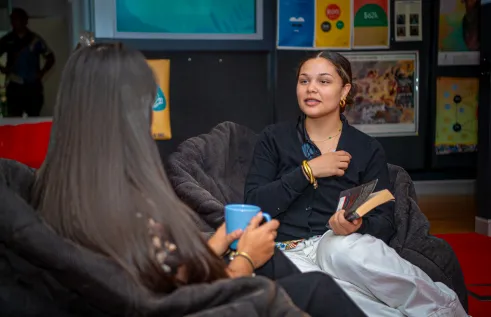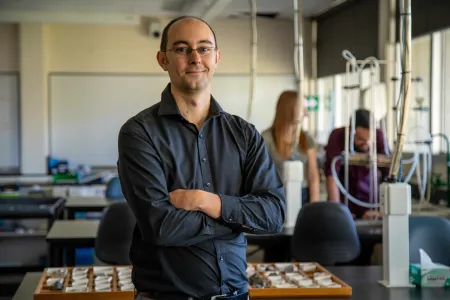RIEL seminar series
So, you want to use AI to assist your research? A discussion on what works and what doesn’t
| Presenter | Dr Dylan Irvine | |
|---|---|---|
| Date/Time |
to
|
|
| Contact person | E: RIEL.Outreach@cdu.edu.au | |
| Location |
Savanna Room, Yellow 1.2.48 at CDU Casuarina Campus and online (see below for Zoom link) NOTE: times are ACST (Darwin time) |
|
| Open to | Public | |
Dr Dylan Irvine is a groundwater scientist with the Faculty of Science and Technology and the Research Institute for the Environment and Livelihoods at Charles Darwin University.
The seminar ‘So, you want to use AI to assist your research? A discussion on what works and what doesn’t’ will provide a discussion on artificial intelligence (AI) in academic research, designed to explore practical AI applications and debunk common misconceptions. It will showcase real-world examples where AI is helpful, and rabbit holes that are best to avoid. The goal is to be highly interactive, with the audience welcome to ask questions and to share their experiences with AI in their research.
Whether you are AI-savvy or are just starting out in this field, this seminar offers a valuable opportunity to learn, share, and connect with peers navigating the AI landscape in academia – note that this text, for example, was shamelessly created using ChatGPT, with edits.
Dylan co-leads the Top End Hydrology Lab and his research includes surface water-groundwater interactions, use of hydrological tracers and numerical modelling. His recent research interests include data analyses using Python, and projected impacts of climate change, among others.
To help guide the discussion, please bring along questions or examples on how you’re using AI.
Related Events

Trophic dynamics of free-flowing tropical rivers
Colton Perna's PhD research explores how river flows and flooding shape freshwater fish communities in tropical rivers, using fatty acids to track how hydrology influences food webs and nutritional pathways. His findings highlight the critical importance of river flow and floodplain connectivity in sustaining productive aquatic ecosystems.
Read more about Trophic dynamics of free-flowing tropical rivers
STATE OF THE DIS-UNION: Media Literacy in the age of AI
The CDU Library is hosting a free panel discussion featuring Northern Territory journalists who will discuss media literacy, truth, and storytelling in the AI era. Attendees can learn how AI is transforming media, ask questions, and improve their understanding of navigating information in today's landscape.
Read more about STATE OF THE DIS-UNION: Media Literacy in the age of AI
Why Cross‑Cultural Communication Matters in Indigenous-focused Research
A cross‑cultural research partnership grounded in respect, shared knowledge, and educational equity. Discover how collaboration shaped a transformative PhD journey.
Read more about Why Cross‑Cultural Communication Matters in Indigenous-focused Research
